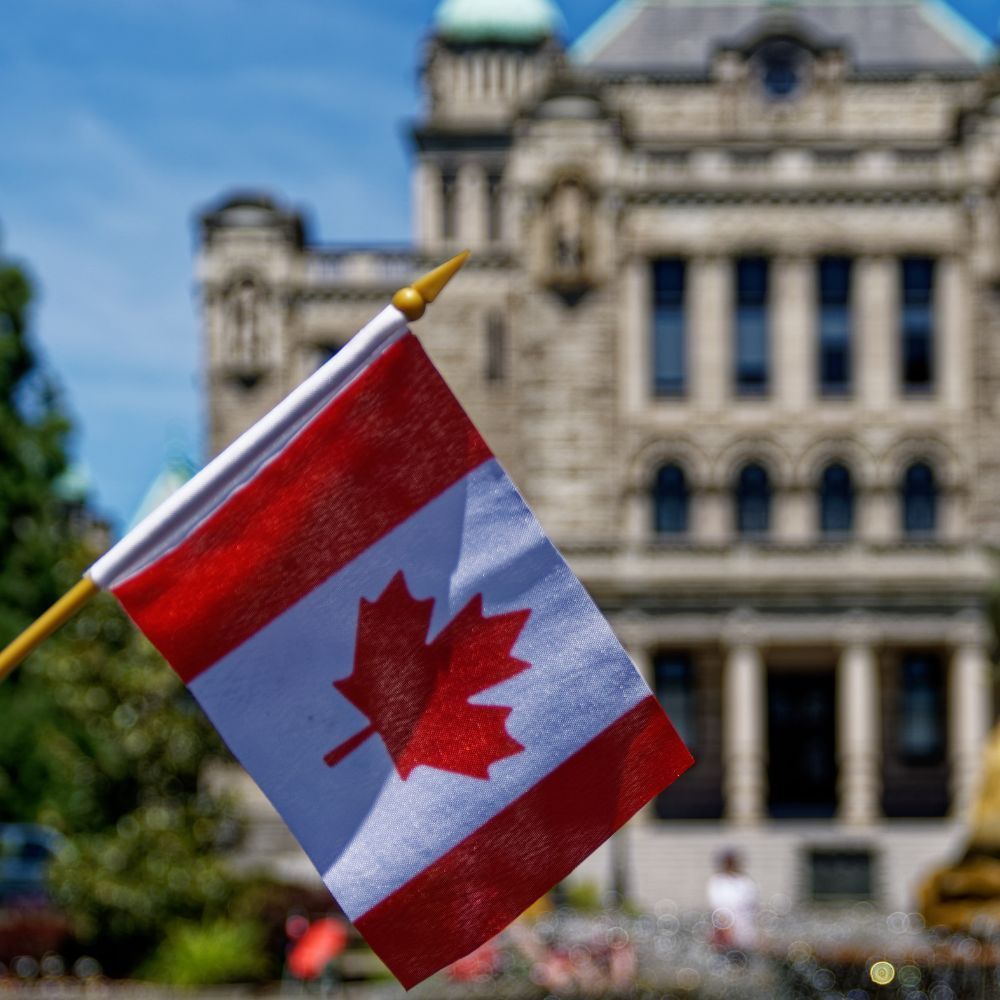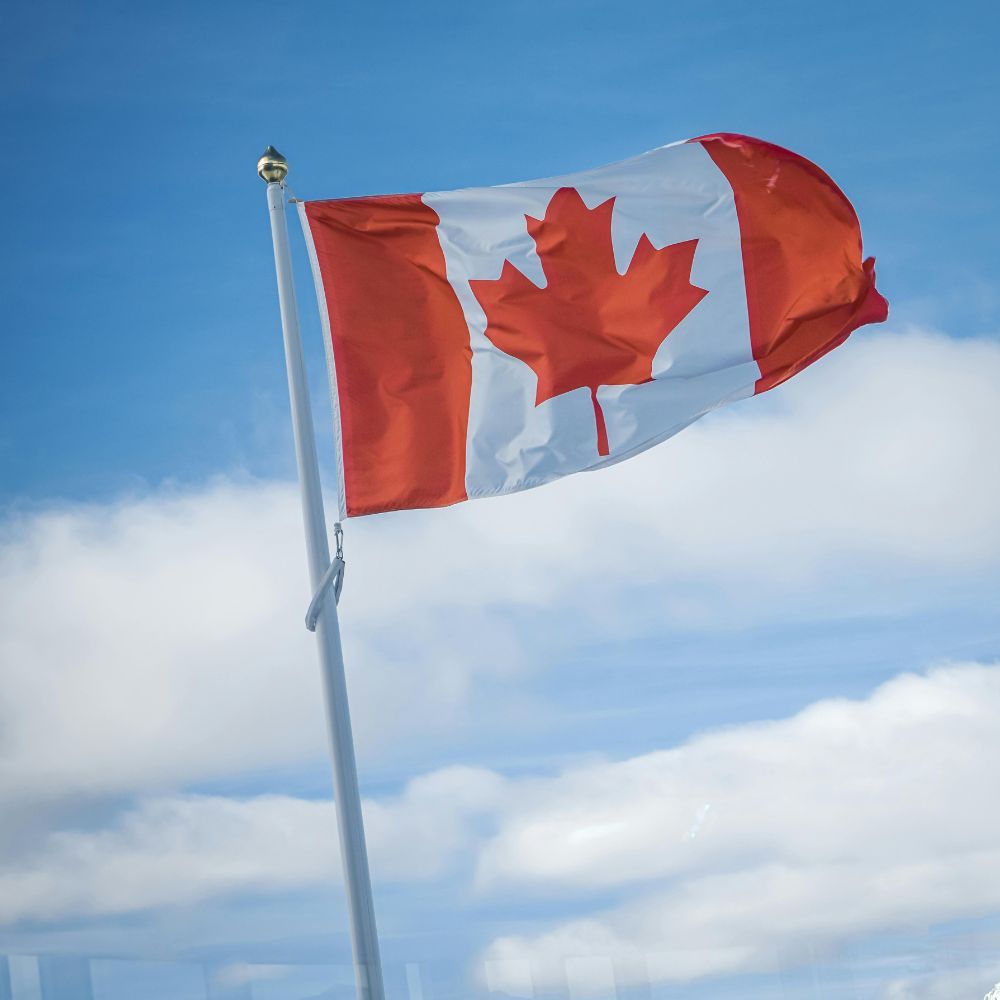Deciphering the Canada/US tariff wars
1. Negatives - The sad truth about missing the August 1 deadline:
Trump on July 31, 2025: ”We haven’t spoken to Canada today. He’s called.” Carney could not get through! Obviously, the President of Mexico did and got a 90 day reprieve. He may speak with Carney this week but clearly the PM’s relationship isn’t what we thought.
Trump:: ”(Canda} has been very poorly led….Canda has treated US farmers “very badly” (our apparently untouchable dairy and poultry supply management regime remains a major irritant.). He still believes there is a “huge flow of fentanyl from Canada to the US that has to be stopped.” Trump said earlier he hasn’t “had “a lot of luck with Canada,” and reaching a deal wasn’t a priority for his administration. In addition, Trump intensified his trade war with Canada with A35% tariff just ahead of the August 1 deadline for an agreement, saying it would be "very hard" to make a deal with Canada after it gave its support to Palestinian statehood. “
Ford among others has called all along for a tougher approach and dollar for dollar reciprocal tariffs on US goods coming to Canda – which the White House dislikes claiming only Canada and China are imposing these tariffs. A recent Angus Reid poll suggests the proportion of those advising the PM and his team to “play hardball” has increased, from 63 to 69 per cent of the population compared to mid-July.
Recently Carney has prepared us to accept there will be no deal without tariffs. In March he predicted “It is clear that the United States is no longer a reliable partner. It is possible that, with comprehensive negotiations, we will be able to restore some trust, but there will be no turning back,”
On August 5 he said the focus now will be to preserve and reinforce CUSMA ahead of next year’s negotiations, adding “There’s a bigger picture there. Sounds like buying time?
One journalist’s – Matt Guerny’sjudgment on Carney’s performance: “…the central conceit of the federal election three months ago was that we faced an unprecedented crisis requiring an unprecedented response…The Liberals made the case — and voters agreed — that Carney was the man to lead Canada’s emergency effort….But I will blame Carney for not doing the things that he can do, as fast as he can do them, and that very much includes moving fast enough to harden this country so that we can better withstand geopolitical and economic threats … threats like an erratic and unpredictable U.S. president.”.
2. Positives
Government’s plan B: Carney - “Canada, we are in charge of our future. We can build a strong economy that doesn't depend on the United States. We can be masters in our own house.” Bill C5 envisions huge national infrastructure projects: “It’s time to unite this country and invest in nation-building infrastructure on a scale not seen in generations. Major nation-building projects will connect Canada and grow the economy in ways that last for generations, such as the Port of Churchill, hydrogen production in Edmonton, seizing vast solar potential in Cowessess, high-speed rail that starts with Windsor to Québec City, and a trade corridor to Grays Bay in Nunavut, amongst others.” However, we are still wiring for a major project to be green lit under the Build Canada Act.
50% Steel and Aluminum tariffs backfiring: GM and Ford announced billion-dollar losses and Ford’s best-selling aluminum body F150 pickup severely affected by aluminum tariffs. This noted by US Treasury Secretary Scott Bissent: “We will be negotiating with Canada on those.”
Canadians deciding to not travel to US -and US alcohol being taken off Liquor Board shelves in provinces (except Sask and Alberta having an impact. This is "worse than tariffs", the boss of Jack Daniel's maker Brown-Forman says. Statistics Canada reporting a "steep decline" in Canadian travel to the U.S., particularly by land, and a -notable, drop in air travel. Big US coverage of impact on business in affected states.
Leverage of Canadian rare earths and energy: Canada is a major energy exporter to the United States, particularly for oil, natural gas, and electricity. Canada supplies a significant portion of the US's crude oil, natural gas, and electricity imports. Specifically, Canada provides 60% of the crude oil and close to 100% of the natural gas imported by the U.S. Additionally, Canada supplies 85% of the electricity imported by the U.S.
Canadian reciprocal counter tariffs: On March 3 2025 Trudeau announced a slew of retaliatory tariffs on US consumer and other goods entering Canada: Outlining the tiny amounts of Fentanyl crossing the border and investments in enhancing border security, he added : “Canada will not let this unjustified decision go unanswered. Should American tariffs come into effect tonight, Canada will, effective tomorrow, respond with 25 per cent tariffs against $155 billion of American goods – starting with tariffs on $30 billion worth of goods immediately, and tariffs on the remaining $125 billion on American products in 21 days’ time. Our tariffs will remain in place until the U.S. trade action is withdrawn.” August 4th Carney said he may consider removing some. They have had an immediate impact on Canadian households.
Tariffs hitting US consumers Proctor and Gamble announced last week it would raise prices on a wide range of consumer goods. Other manufacturers, from Porsche to Nestle to Adidas have announced the same thing. As have Walmart and Amazon which has raised prices on over 1200 items.
Andrew Coyne on one sector Trump cannot control: “The Markets may be nevertheless prove to be Mr. Trump’s most implacable opponents.”
Patrick Gossage Insider Political Views




